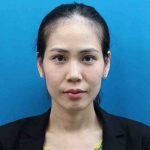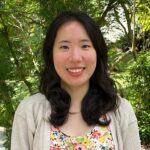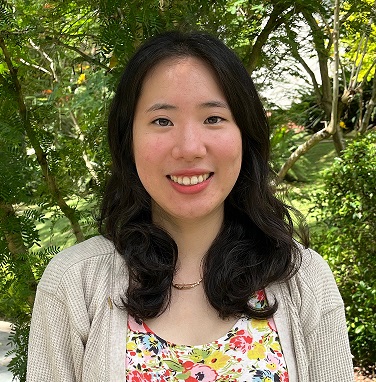Childless Aging in Singapore and Thailand (CAST)
Project's Details
Title: Childless Aging in Singapore and Thailand (CAST): A Comparative Mixed Methods Study
Funded by: Ministry of Education (MOE) Academic Research Fund (AcRF) Tier 2
Amount: S$676,572
PI: Associate Professor Bussarawan (Puk) Teerawichitchainan, Department of Sociology, NUS; and Co-Director of CFPR, Faculty of Arts and Social Sciences, NUS
Co-PI: Associate Professor Christine Ho, School of Economics, Singapore Management of University
Collaborator: Associate Professor Wiraporn Pothisiri, College of Population Studies, Chulalongkorn University
Project duration: 01 Sep 2020 to 31 Aug 2023
Abstract
The global trend of increasing proportion of older-adult population who never had a child in their lives is historically unprecedented and has raised grave concerns around the world about challenges in old-age support. Currently, prevalence of childlessness in Singapore and urban Thailand is comparable to western countries and has surpassed some European nations to be among the world’s highest. About 15% of Singaporeans 60 and older are aging without children. The proportions are higher among those presently in their 50s. A quarter of Singaporean women born during 1966-1970 are childless. In Thailand’s megacity Bangkok, almost one fifth of over-50 adults are presently without children, with childlessness rates being as high as 25% among older women. Given that the relative size of the elderly populations in both countries will likely double during 2020-2050, the increasing proportions childless will apply to a significantly larger population base.
Despite the increasing proportions and size of elders without children and implications of childlessness for society, childless aging has received little systematic attention from researchers and policy makers in Asia. Using the life course approach, this study seeks to understand the demographics of childlessness, pathways to childlessness, and the extent to which childlessness determines the later-life well-being among adults age 50+ in Singapore and Thailand. We will use a mixed-methods approach combining quantitative analyses of representative surveys with fieldwork and interviews.
A key feature of this study is to compare childless aging in Singapore and Thailand–two of Southeast Asia’s most aged societies. The cross-country comparative aspect will increase research and policy impacts in important ways.
First, the cross-country comparative approach permits a novel assessment of how structural and institutional factors and cultural norms matter for childless aging, thus advancing dominant theoretical perspectives (particularly the life course theory) which are heavily influenced by the experience of western societies. While Singapore and Thailand share common cultural underpinnings of filial piety, and are similar in key demographic aspects, they contrast sharply in economic development, kinship systems, and government policies. These commonalities and differences make them suitable for examining how institutions and policies influence pathways to childlessness, later-life well-being of elderly parents and nonparents, and the intersectionality of gender, socioeconomic status, race/ethnicity, and urbanity.
Importantly, our comparative approach is consistent with the Singapore government’s increasing stress on regional coordination among ASEAN countries since the welfare of Southeast Asian countries is intimately linked to one another in socioeconomic and cultural development. Comparative empirical evidence can inform policy formulation (e.g., long-term care systems, community-based programs) more effectively than a single-country study by offering nuanced explanations of government systems and increasing generalizability.
Project's Team

Principal Investigator
Associate Professor Bussarawan TEERAWICHITCHAINAN
Department of Sociology
Faculty of Arts and Social Sciences
National University of Singapore

Co-Principal Investigator
Associate Professor Christine HO
School of Economics
Singapore Management University

Collaborator
Associate Professor Wiraporn POTHISIRI
College of Population Studies
Chulalongkorn University
Postdoctoral Fellow

Dahye KIM
Contact Us
Principal Investigator: Associate Professor Bussarawan (Puk) Teerawichitchainan
Email: puk@nus.edu.sg
Address:
Centre for Family and Population Research
Faculty of Arts and Social Sciences
National University of Singapore
The Shaw Foundation Building
Block AS7, Level 3, 5 Arts Link
Singapore 117570


